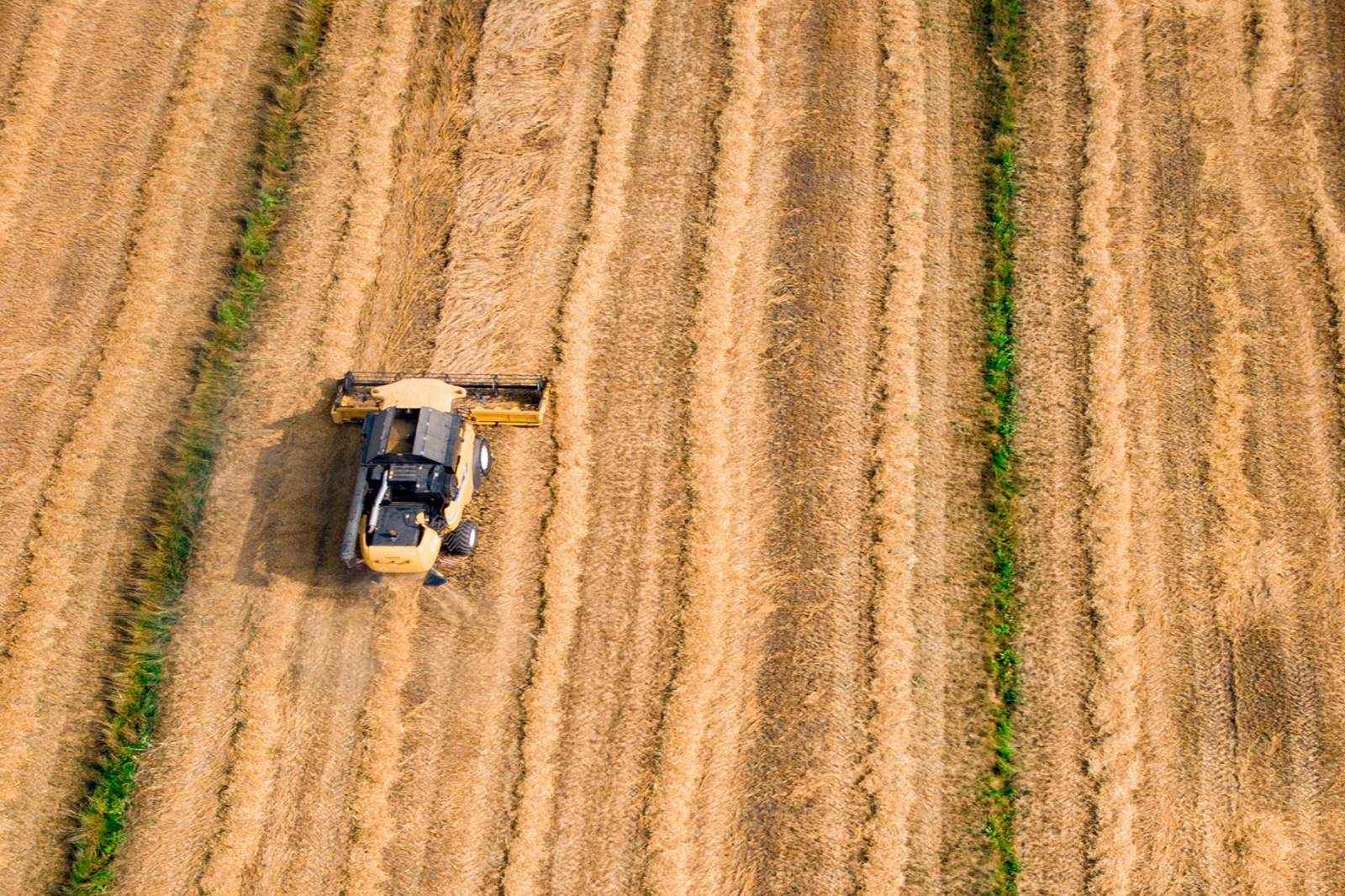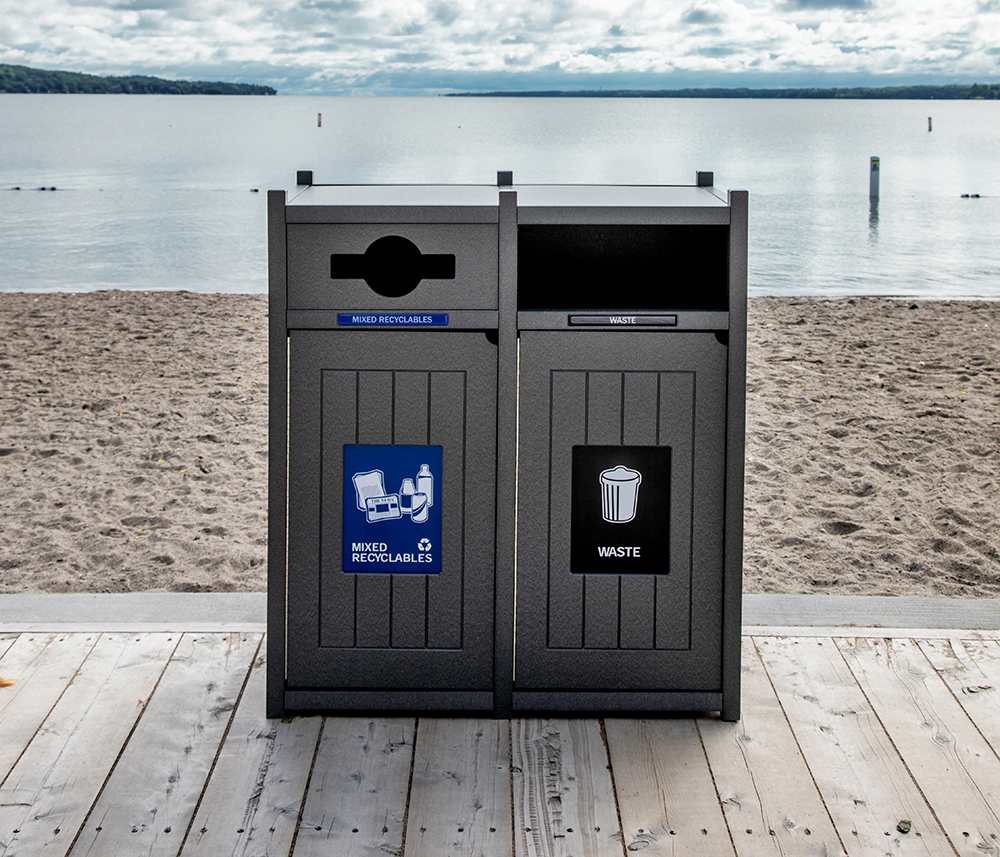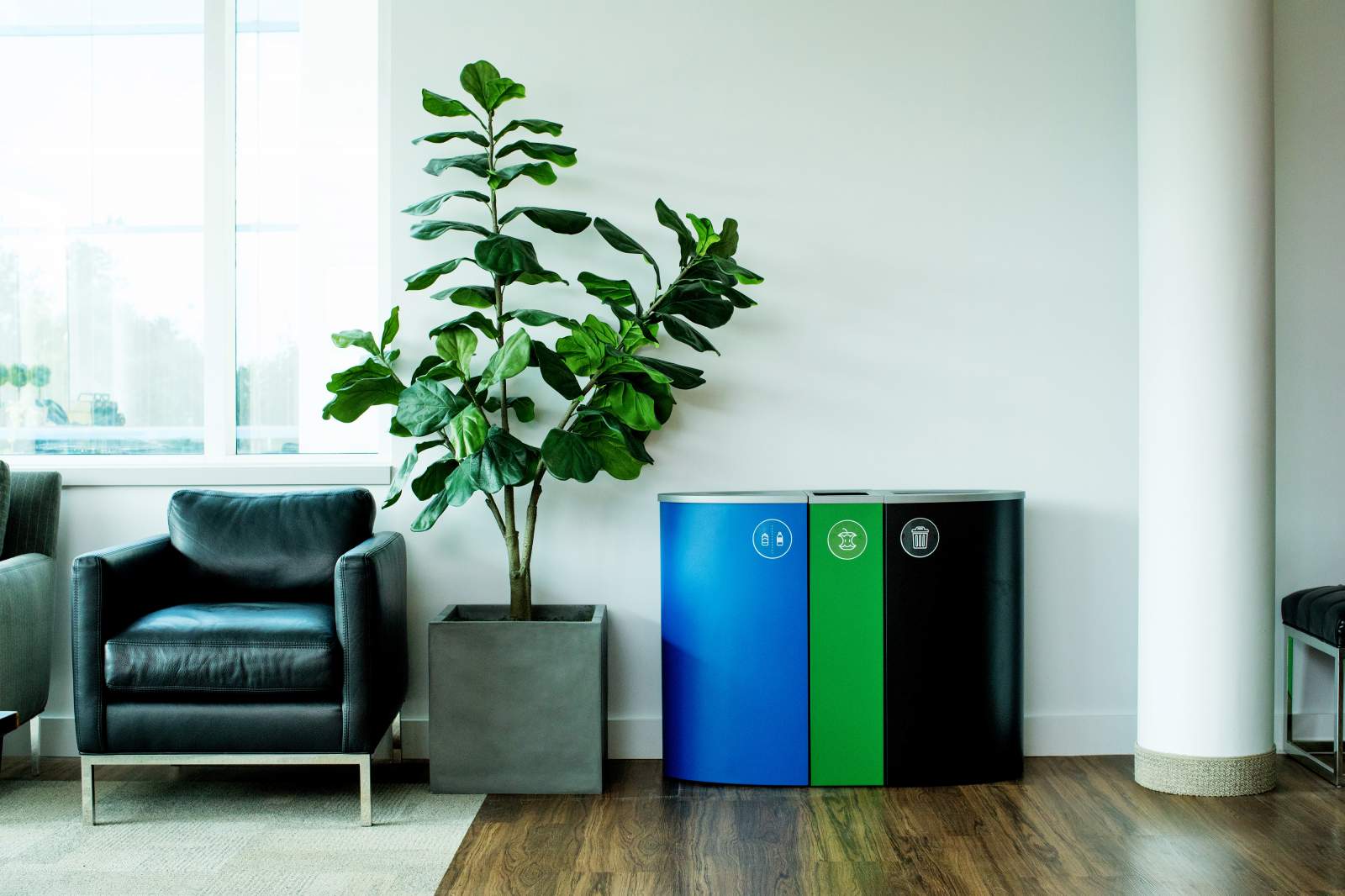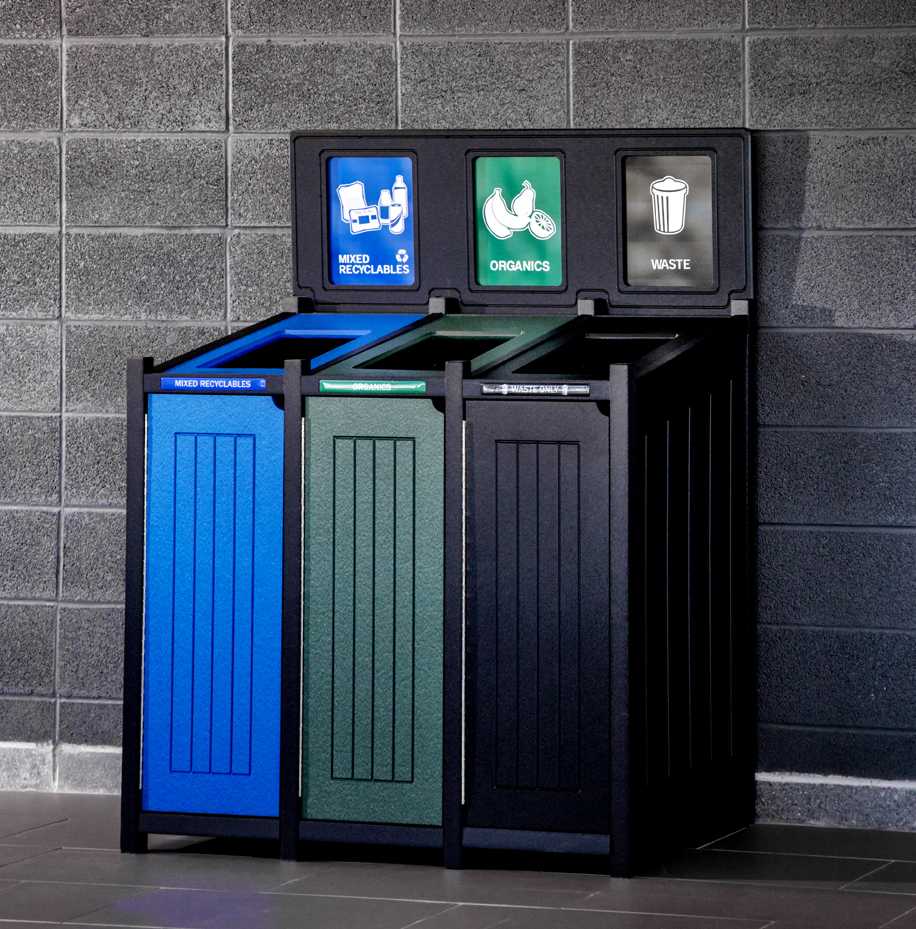You have made the conscious decision as a consumer to go organic, congratulations! Despite a higher cost, you realize that by going organic, you are taking control of your health, the health of your family and the health of our planet.
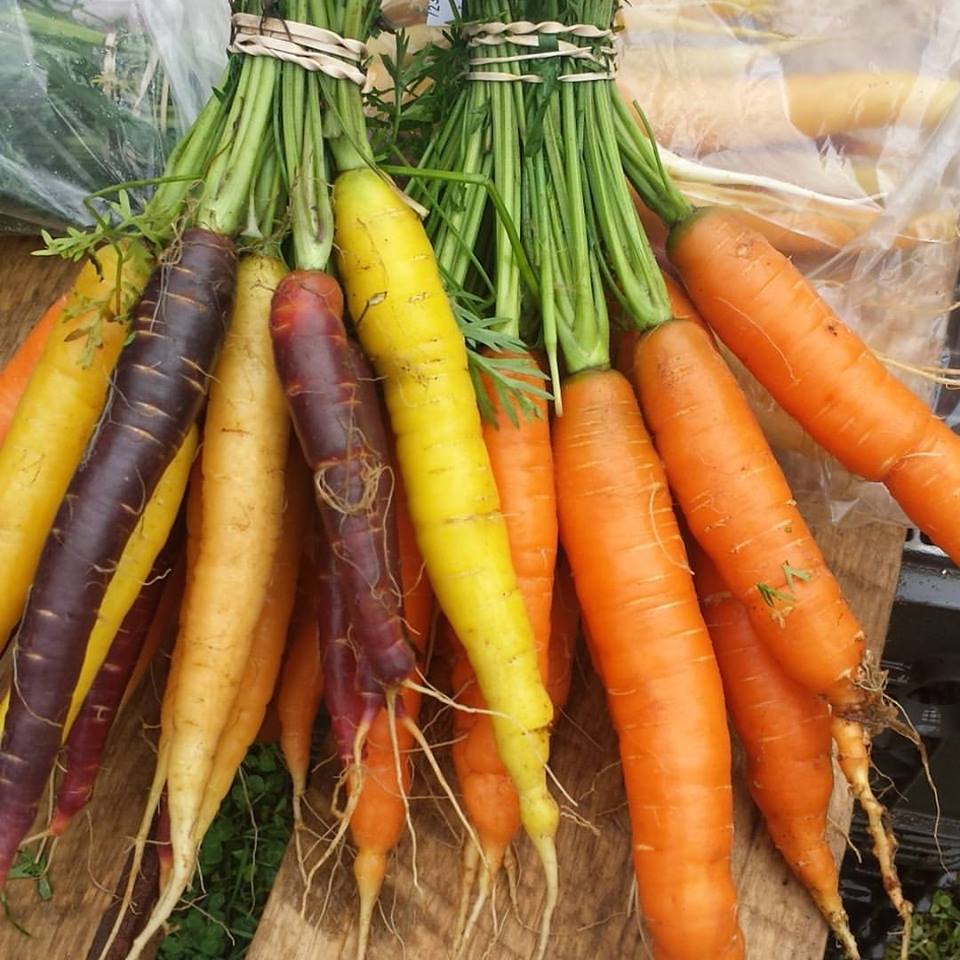
A study published by the British School of Nutrition looked at an unprecedented 343 peer-reviewed publications comparing the nutritional quality and safety of organic and conventional plant-based foods, including fruits, vegetables, and grains. A few of the findings are that organically grown food contains 50% more vitamins, minerals, and nutrients over food grown conventionally. They include a concentration of 18 to 69 percent higher levels of antioxidants. Additionally, the study found cadmium, a toxic metal contaminant (found present in synthetic fertilizers), to be about 50% lower in organic crops than in conventional crops. The EPA (Environmental Protection Agency) now admits that about 60% of weed eliminators, 90% of mold eliminators, and 30% of insect eliminating chemicals used in conventional farming may cause cancer.
So, what is organic anyway? Most often we think of organic regarding food and farming, but the term organic is also associated with cosmetics, clothing, cleaners, fertilizers and other consumer products. In terms of organic farming, the Mayo Clinic describes it as "The way farmers grow and process agricultural products." There are several practices used in regular food production that are not allowed in organic farming such as:
- The use of synthetic fertilizers to add nutrients to the soil and sewage sludge
- Irradiation to preserve food or to eliminate disease and pests
- Genetic engineering used to improve disease or pest resistance to improve crops
- Synthetic pesticides for pest control and antibiotics or growth hormones for livestock raised for human consumption
Fifty plus years ago, I grew up on a family farm in an era that organic farming was not even a term, yet dad practiced every bit of the word organic. That type of farming would have been carried out for generations before I was born. Organic farming in a sense is returning to our roots which are tried and true. A few of the practices on an organic farm would include the following:
- Crop rotation to preserve soil quality and to interrupt cycles of pests and disease
- Planting cover crops such as clover or alfalfa
Clover and alfalfa are like a green manure which fixes nitrogen in the soil and improves soil quality. Compost and livestock manure is allowed for nutrients and to enhance the quality of the soil. Natural pesticides that are organically certified are permitted; however, some organic farmers choose to go completely spray free and employ predatory insects or insect traps to control insect pests.
Becoming an organic farmer is a big deal as they must meet exceptionally high standards. Therefore, most foods are not organic, because farmers do not want to go through the strict processes required to be declared certified organic. It is a time-consuming, expensive process to become a certified organic farmer or company. I have a friend named John Williams who owns and operates a certified organic farm named William's Farm. John mentioned to me it took a process of three years to obtain his certification. To maintain his organic certification, he must produce a plan every year about an inch thick describing precisely what crops he will grow and how he will do it to meet the Canadian Organic Standard. A third party then will come in and verify that John is, indeed, following the plan he drafted. That alone cost about $1,000 (which is a lot for a small-scale farmer) and is just one of the many reasons why you pay a premium when you buy organic food, instead of intensively farmed food.
Each country has their certification process, and one of the most straightforward methods for checking if a product in the supermarket is certified organic is checking the packaging if it bears the federal organic agricultural product logo. But even without that packaging, there are PLU (price look-up) codes. They are those 4 or 5-digit numbers you see on items likes bananas or apples that do not have any packaging. These codes were implemented by the International Federation for Produce Standards (IFPS) to improve the chain efficiency of the fresh food industry. The IFPS database is found on the website www.ifpsglobal.com.
The resources allow us to take back control of what we put into our bodies. But what if that produce you want to buy does not have a PLU sticker. Not sure, if it is organic? Ask the farmer. Get to know your local certified organic farmers. They go through this time-consuming, expensive annual process to maintain their organic certification for a reason. They follow strict procedures to ensure you are getting the best possible food, free of chemicals, and they want to enrich the environment. Organic farmers take great pride in what they do and want to make a difference.
Sources
- https://www.organicconsumers.org/news/demand-organic-food-growing-faster-domestic-supply
- https://www.britannica.com/biography/Hippocrates
- https://organic.ams.usda.gov/integrity/default.aspx
- https://www.mayoclinic.org/healthy-lifestyle/nutrition-and-healthy-eating/in-depth/organic-food/art-20043880
- http://www.omafra.gov.on.ca/english/crops/organic/certification.htm
- https://www.treehugger.com/green-food/how-tell-if-produce-organic-2-seconds.html
- http://www.ifpsglobal.com/Identification/PLU-Codes/PLU-codes-Search
- http://idealbite.com/10-benefits-of-eating-organic-food/
- https://news.wsu.edu/2014/07/11/major-study-documents-benefits-of-organic-farming/#.U8AkH41dXA3
- http://theplate.nationalgeographic.com/2014/07/14/organic-foods-are-tastier-and-healthier-study-finds/
Did you find this Page helpful?















